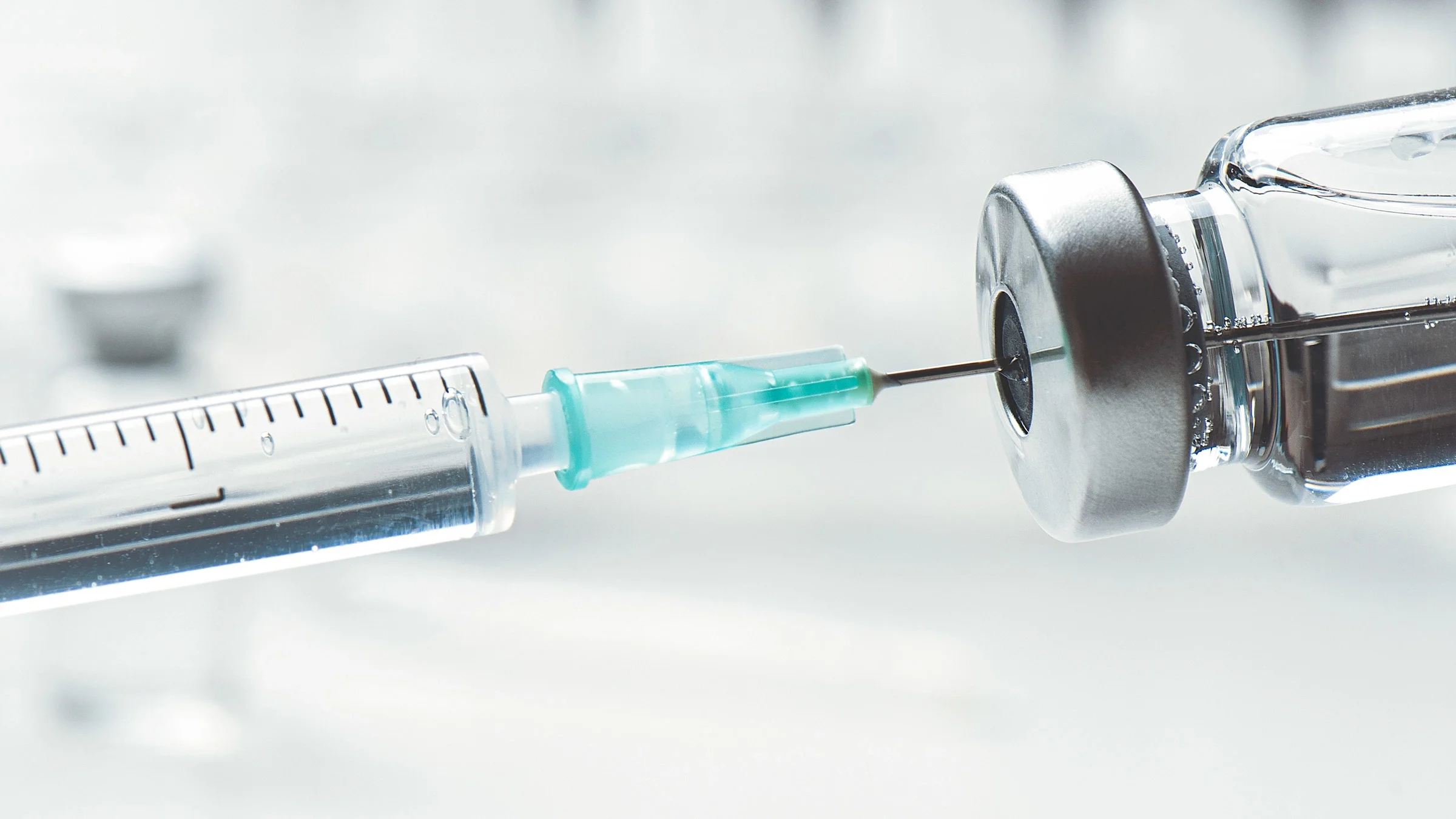Key takeaways:
Monoclonal antibodies are medications. They’re made in a lab but work like the antibodies your immune system makes.
Monoclonal antibodies can neutralize viruses and bacteria so they don’t cause illness.
Monoclonal antibodies also help treat different types of cancer, autoimmune conditions, and many other medical conditions.
Your immune system makes antibodies to keep you safe and healthy. Antibodies keep bacteria and viruses from causing illness. But your body has to make antibodies every time you get exposed to a virus or bacteria. This takes time, and sometimes you need antibodies right away.
That’s where monoclonal antibodies come in. They can step up when your immune system can’t. Monoclonal antibodies are changing the way medicine fights disease — including cancer, autoimmune conditions, and common viral illnesses like RSV (respiratory syncytial virus).
What are monoclonal antibodies?
Monoclonal antibodies are a type of medication that mimics your natural immune system. They are used to help people fight infections and to treat many medical conditions.
Normally, the body makes antibodies to fight off infections. But some people have weakened immune systems and can’t make antibodies. And sometimes people get sick so quickly from an infection that their immune system doesn’t have time to make the antibodies against that infection. In these cases, monoclonal antibodies can help the body fight off infections.
Monoclonal antibodies can work in two other important ways.
Antigens
Monoclonal antibodies can attach to antigens — specific proteins on cells. This is how monoclonal antibodies help treat conditions like cancer. They can attach to specific cells, like cancer cells. This raises a flag so that the immune system knows to come and attack these abnormal cells.
Monoclonal antibodies let the immune system do its job more efficiently. Instead of having to randomly survey all the cells in the body, the immune system can focus on the cells that the monoclonal antibodies flag.
Checkpoint inhibitors
Monoclonal antibodies can also attach to proteins on certain cells in the immune system. Normally the immune system keeps itself in check, making sure it doesn’t work too hard or too fast. Usually this is a good thing. But when someone has cancer or certain other conditions, you actually want the immune system to work as hard as possible.
Monoclonal antibodies can block cells that normally keep the immune system in check. This lets the immune system pull out all the stops when responding to conditions like cancer.
Read more like this
Explore these related articles, suggested for readers like you.
How are monoclonal antibodies made?
Monoclonal antibodies are made in a lab. There are thousands of monoclonal antibodies that are used to treat medical conditions. And scientists develop more each year. The exact way each one is made depends on how it’s being used and what condition it treats.
In general, scientists take the genetic code for a known antibody to create thousands of copies. These antibodies are clones from the same cell, which is how we get the term “monoclonal antibody.”
Once the antibodies are made, they go through quality assurance tests and then are compounded into a medication that a person can receive as an intravenous (IV) infusion or injection. This step also involves making sure that the medications are stable for shipping.
While this process sounds simple, it actually takes many complex steps and intricate laboratory procedures. Manufacturing a monoclonal antibody can take 12 to 18 months.
What diseases have already been treated using monoclonal antibodies?
Monoclonal antibodies are used to treat and prevent many infections caused by viruses and bacteria. They’re also being used to treat different types of cancer and other medical conditions, including:
Breast, kidney, lung, colorectal, and prostate cancer
Melanoma
Autoimmune conditions, like rheumatoid arthritis and Crohn’s disease
Neurologic conditions, like migraines and multiple sclerosis
Eye conditions, like macular degeneration
Organ and tissue transplant complications (graft versus host disease)
Researchers continue to find new ways to use monoclonal antibodies to help treat, cure, and prevent illness. They’re even studying them as a way to keep people from getting HIV.
What is it like to get monoclonal antibody treatment?
Most monoclonal antibody treatments are given as an infusion through a needle in your vein.
If you’re receiving an IV infusion, you’ll need to do your treatment at a healthcare provider’s office or an infusion center. The visit usually takes several hours.
The infusion takes about 1 hour. Then you need to wait in the office for 1 hour afterward. This is to make sure you don’t have any signs of an allergic reaction or symptoms like:
Pain at the infusion side
Bleeding
Skin bruising
Some monoclonal antibodies are given as an injection. Sometimes a healthcare provider needs to administer these injections. For example, people receiving monoclonal antibody therapy for macular degeneration get the medication injected directly into their eye. This has to be done by a trained physician. Monoclonal antibodies that are used as vaccines, like Beyfortus, the new RSV for babies, also have to be given in a healthcare setting.
But you can do some monoclonal antibody injections at home. That means you can give yourself the injection once you’ve been trained on how to use the medication.
Like all medications, monoclonal antibodies can cause side effects. The most commonly reported side effects are:
Fever
Chills
Diarrhea
Vomiting
Fatigue
Weakness
All monoclonal antibodies are technically one group, but they’re many different medications. That means the exact side effects you might experience depend on which medication you’re receiving. Your healthcare provider can tell you which side effects to expect based on your treatment plan.
Does insurance cover monoclonal antibody treatments?
Most FDA-approved monoclonal antibody treatments are covered by Medicare, commercial insurance, and Medicaid. People with commercial insurance and Medicaid may have copays or other cost-sharing for the office visit and infusion costs. Check with your insurance provider to get a complete breakdown of costs.
If you don’t have insurance, talk about a fee schedule with the manager of your healthcare provider’s office.
The bottom line
Monoclonal antibodies are lab-created antibodies that prevent bacteria and viruses from making people sick. They can help treat many illnesses, including autoimmune conditions and cancers. They can also prevent people from getting severely sick from infections like RSV.

Why trust our experts?


References
American Cancer Society. (2022). Monoclonal antibodies and their side effects.
Cancer Research UK. (n.d.). Monoclonal antibodies (MABs).
Corey, L., et al. (2021). Two randomized trials of neutralizing antibodies to prevent HIV-1 acquisition. The New England Journal of Medicine.
National Cancer Institute. (2019). Monoclonal antibodies.
Rajewsky, K. (2019). The advent and rise of monoclonal antibodies. Nature.
U.S. Food and Drug Administration. (2023). FDA approves new drug to prevent RSV in babies and toddlers.






